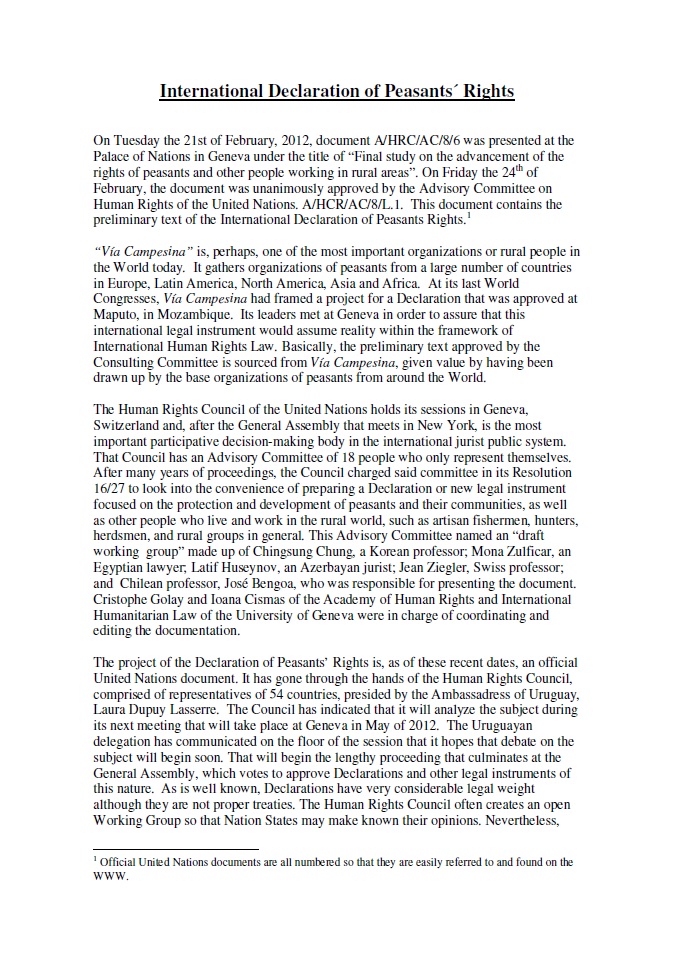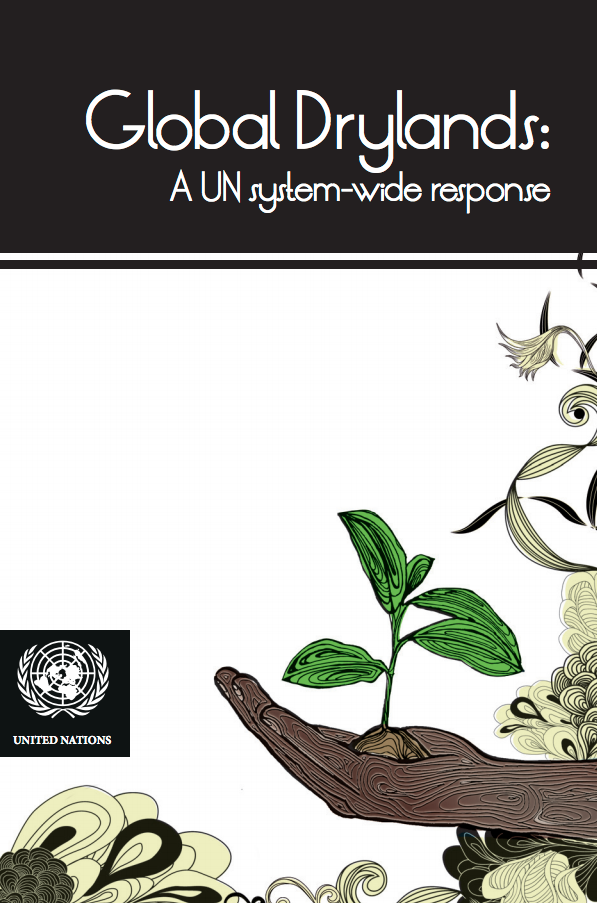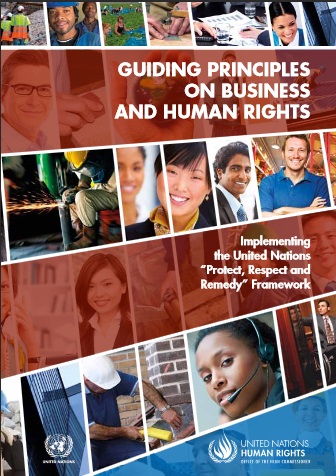Location
United Nations
The United Nations is an international organization founded in 1945. It is currently made up of 193 Member States. The mission and work of the United Nations are guided by the purposes and principles contained in its founding Charter.
Due to the powers vested in its Charter and its unique international character, the United Nations can take action on the issues confronting humanity in the 21st century, such as peace and security, climate change, sustainable development, human rights, disarmament, terrorism, humanitarian and health emergencies, gender equality, governance, food production, and more.
The UN also provides a forum for its members to express their views in the General Assembly, the Security Council, the Economic and Social Council, and other bodies and committees. By enabling dialogue between its members, and by hosting negotiations, the Organization has become a mechanism for governments to find areas of agreement and solve problems together.
The UN's Chief Administrative Officer is the Secretary-General.
Members:
Resources
Displaying 21 - 25 of 45International Declaration Of Peasants' Rights approved by the Advisory Committee on Human Rights of the United Nations
For the full text of the document "Final study of the Human Rights Council Advisory Committee on the advancement of the rights of peasants and other people working in rural areas" please visit the UN Human Rights Council website ( English |
Global Drylands: A UN system-wide response
More than two billion people depend on the world’s arid and semi-arid lands. Preventing land degradation and supporting sustainable development in drylands has major implications for food security, climate change and human settlement. This report, issued at the beginning of the United Nations Decade for Deserts and the Fight against Desertification, sets out a shared strategy by UN agencies to rise to the challenge of addressing the special needs of these vital zones.
Global Drylands: A UN system-wide response
More than two billion people depend on the world’s arid and semi-arid lands. Preventing land degradation and supporting sustainable development in drylands has major implications for food security, climate change and human settlement. This report, issued at the beginning of the United Nations Decade for Deserts and the Fight against Desertification, sets out a shared strategy by UN agencies to rise to the challenge of addressing the special needs of these vital zones.
Guiding Principles on Business and Human Rights
The UN Guiding Principles on Business and Human Rights are a set of guidelines for States and companies to prevent, address and remedy human rights abuses committed in business operations.





